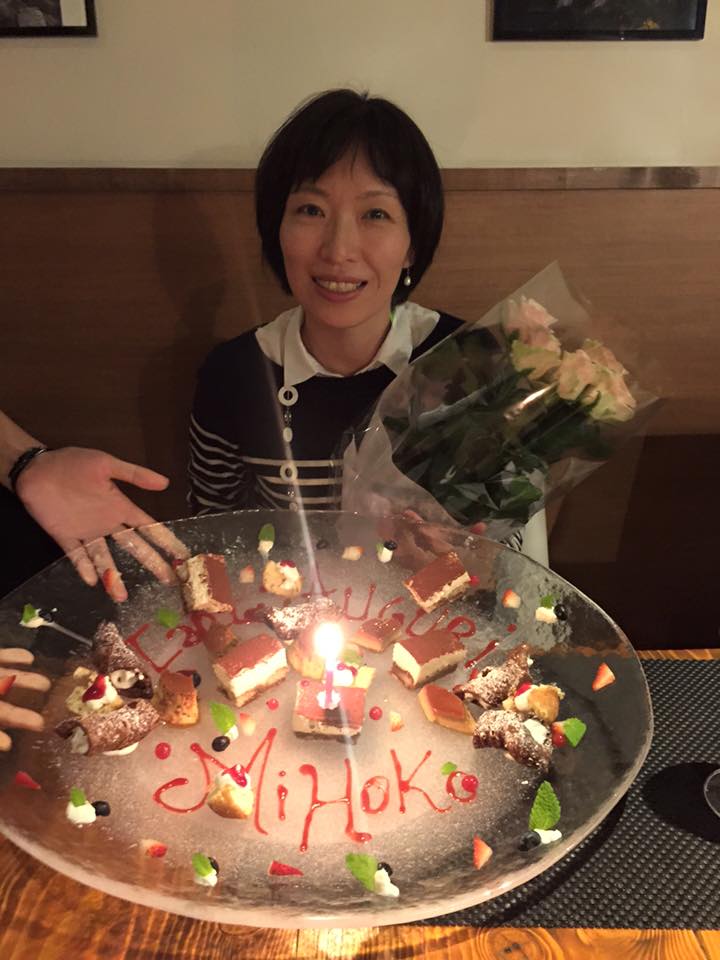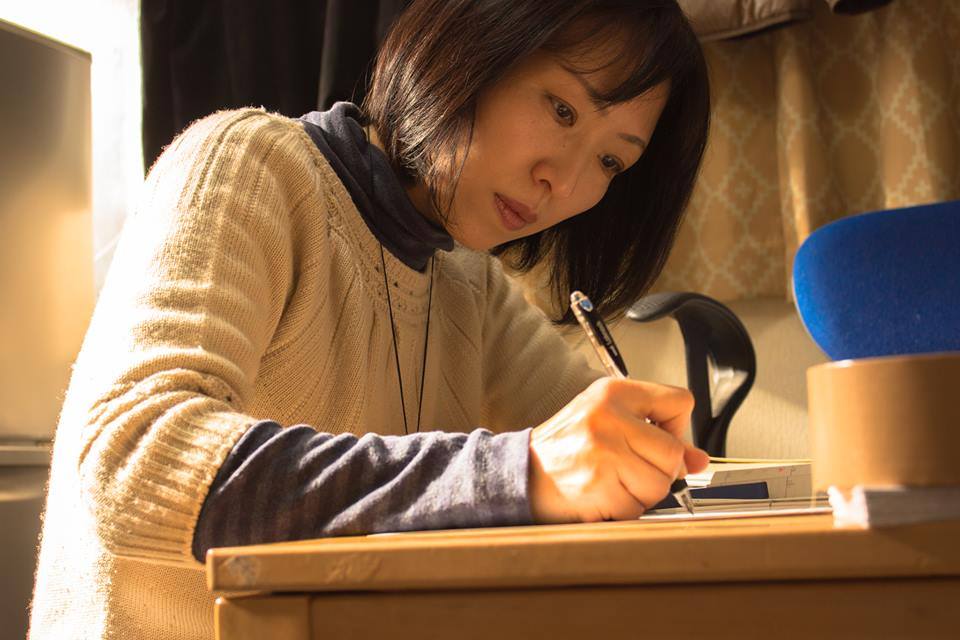The Importance of Diversity Seen from The Coronavirus
The coronavirus pandemic – at this point it is impossible for anyone to not be fully aware of what it is. Originated in Wuhan, China, it still has an immeasurable threat all over the world. Japan is not an exception. The Tokyo 2020 Olympics and Paralympics which many of us have been looking forward to for a long time were postponed for a year. Although the state of emergency that the government declared in April has been lifted, many people still wear masks even in summer. You might not be able to imagine how large an impact the corona virus will have on our lives. We interviewed Kobayashi Mihoko of the General Incorporated Association Tsukuroi Tokyo Fund which saves people whose lives have been threatened, especially because of situations such as this pandemic.


What is Tsukuroi Tokyo Fund?
Tsukuroi Tokyo Fund was established in June 2014 with a slogan of “In cooperation with citizens we can cover the hole in Japan’s safety net.” Those who had worked on helping needy people in Tokyo gathered. They insisted that the government lacked awareness of “housing first.” And so, Tsukuroi Tokyo Fund ran shelters at Tokyo’s Nakano Ward, Shinjuku Ward, Sumida Ward, and Toshima Ward. They make a total of 25 rooms. Not only does the organization offer shelters but it also runs a café called Café Shio-no-Michi so that needy people will not be isolated in this society after they move to an apartment.
Tsukuroi Tokyo Fund with the novel coronavirus
Under the pandemic due to the coronavirus, many facilities including internet cafes were closed. On April 7, Tsukuroi Tokyo Fund spread out application forms through SNS for their services before the government urged owners of various facilities such as cafes to close them on April 11. At the same time, Inaba Tsuyoshi, the representative director at Tsukuroi Tokyo Fund started to rent apartments. The number of application forms arrived to them was over 170. Most of the applicants were living at internet cafes. Though they had mobile phones, they could not call because they could not afford to pay for phone contracts.
All they could do to contact with the staff was to send and receive emails at places they could use Wi-Fi for free. Many volunteers including citizens, politician, legal profession got involved to offer their helping hands to those who suffers from homeless situation. What those applicants suffered from the most was lack of money for their lives. So, Tsukuroi Tokyo Fund first offered a support fund, and then reserved rooms at hotels for them.
Also, in accordance with hopes of the needy people, Tsukuroi Tokyo Fund contacted them with information about Tokyo Challenge Net established by the metropolitan government in Tokyo and some private companies, where people who work hard but have no their own shelters can consult with the staff about their lives, or apply for a livelihood protection system. In some cases, they signed a contract for a room at an apartment.
Drawback of the social security system in Japan
Ms. Kobayashi sees major problems with the current social security system ― especially the welfare system of Japan. In actuality, it is much different from what we may believe it to be, or what it is purported to be: “a wonderful system which helps those who cannot live a healthy and safe life.” Therefore, the capture rate that shows what percentage of people who should be on welfare are receiving the benefits is only about 20% in 2010. Some consulters are given pressure at counters of the welfare application office in order to keep them from receiving welfare, or they are recommended to live at an accommodation that the welfare system prepares for them.
There are some such accommodations which force them to live in a room with about twenty people. Some facilities only allow them to take a bath only twice or three times a week. Even though they can buy two meals a day at the facility, it never satisfies their appetite. Also, they are unable to become independent because the welfare they receive deducts housing expenditure. Most of the accommodations are like that, so many needy people go back to life on the streets.
Café Shio-no-Michi ―an open space for everyone
Ms. Kobayashi points out that there is a strong stigma attached to the prospect of receiving welfare in Japan, and this causes those who should receive it to avoid doing so. Café Shio-no-Michi was established as a space that enables people who have experienced life on the streets to have a job and to have a place they can stay at with ease, and encourages residents to communicate and be friendly with each other. People who are interested in discussing the social security system problem or the welfare system problem, whether they just passed by and decided to come in, or live nearby ― they talk over a cup of coffee and gradually come to understand one another.
Now, Ms. Kobayashi cannot run the café due to the coronavirus. Fans of the café are eager to go there again, but there is no likelihood of reopening because we cannot predict the end of this pandemic.
Our future
So-called the theory of self-responsibility, the idea that you have to bear the responsibility for any issues that may arise around you is widely spread. What is worse, Japanese people assume welfare recipients are lazy, and problems which the government should solve are turned into individual problems. We must recognize the importance of diversity and understanding each other. This society is supported by a lot of varying types of people. We should first understand the need for us to live harmoniously, and only then will we be able to truly respect our society.
Anyone’s life can be put at risk. The coronavirus taught us this. Shall we try to respect diversity more so that we won’t need to regard this pandemic as nothing but a tragedy?
Written by Ayaka Sato
Edited by Daniel Skriptchenko


